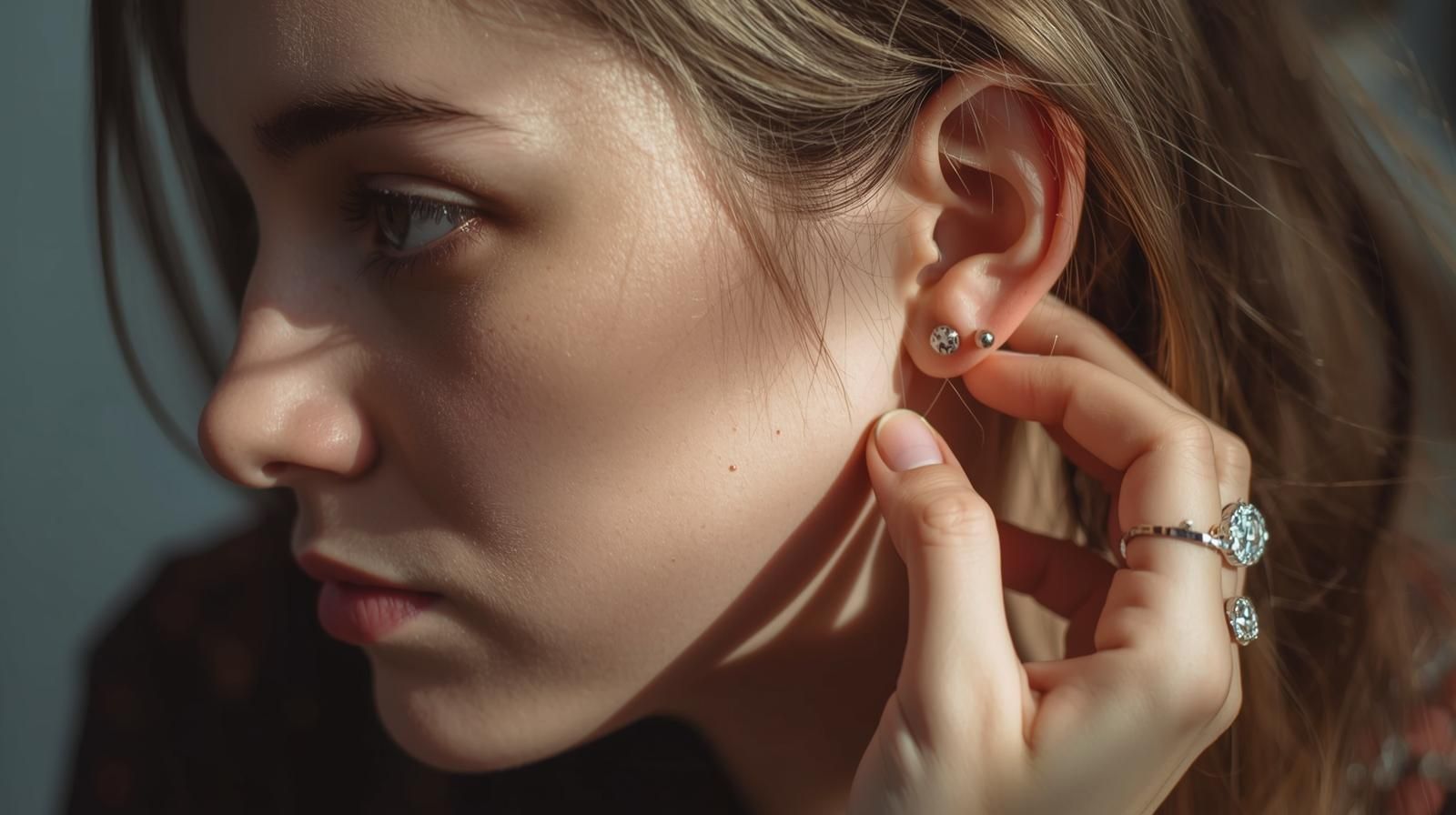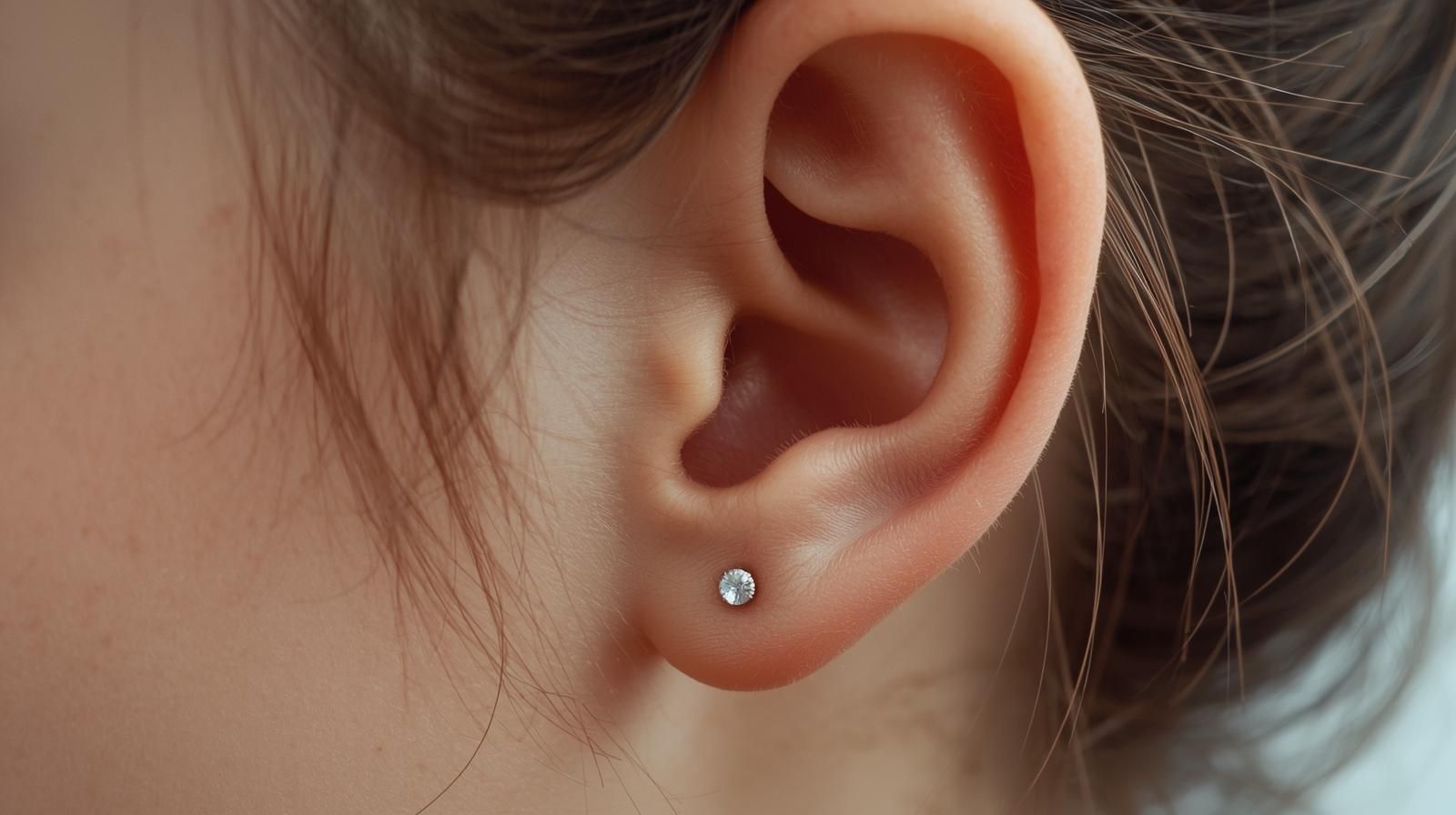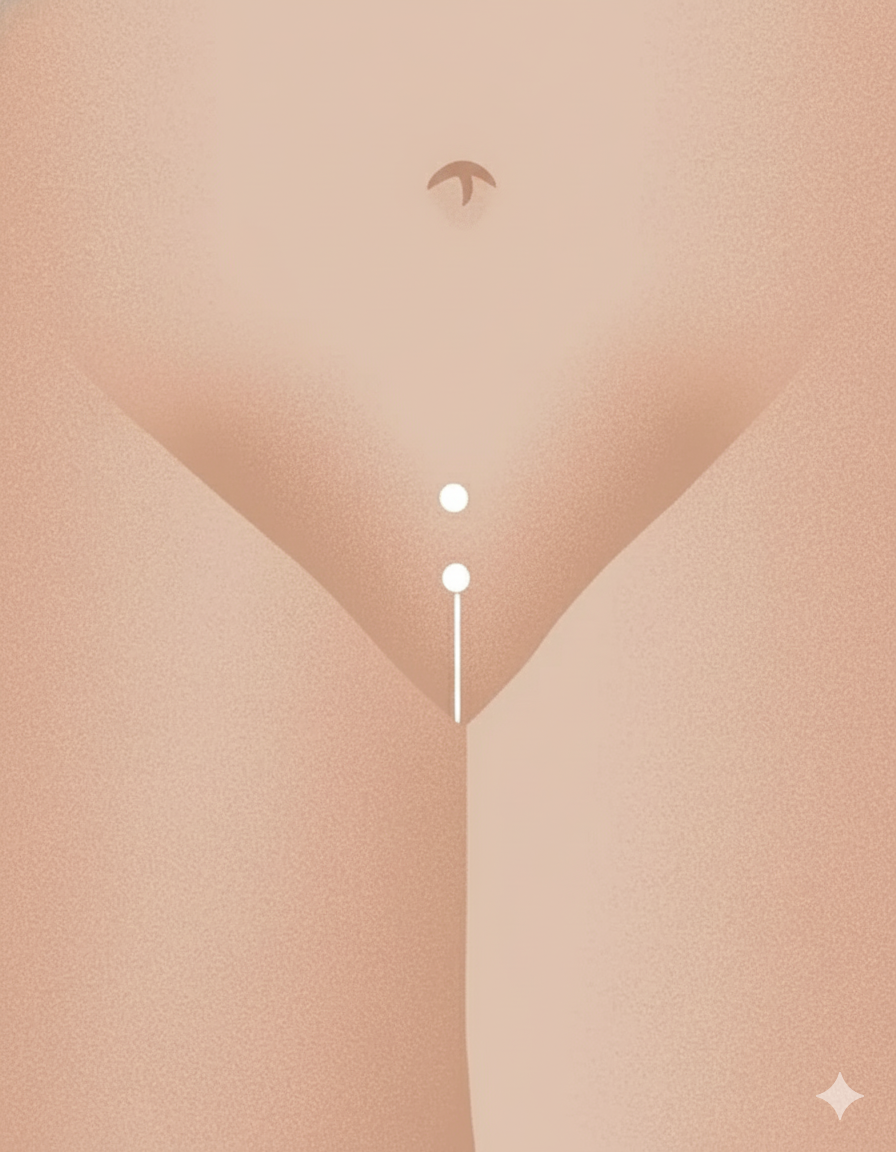How Old Do I Need to Be to Get a Piercing in Ireland?
How Old Do I Need to Be to Get a Piercing in Ireland?
Piercings have emerged as a significant form of self-expression, allowing individuals to showcase their unique style and personality through various types of body jewellery. Whether it's a subtle ear stud or a bold septum ring, piercings can be tailored to reflect personal tastes. However, when it comes to getting pierced in Ireland, understanding the age requirements is crucial, particularly for minors who may need guidance and consent. While there is no overarching national legislation that dictates a minimum age for piercings, many studios have their own specific policies. This comprehensive guide aims to clarify the age-related requirements for piercings in Ireland and provide practical advice for those contemplating getting pierced.
Understanding Piercing Age Policies in Ireland
In Ireland, there is no specific national age requirement set by law for body piercings or tattoos. This absence of legislation means that individual piercing studios have the discretion to establish their own policies regarding the minimum age for different types of piercings. Consequently, it is essential to inquire with the specific studio about their regulations, as they can vary significantly from one location to another. For instance, a popular studio in Dublin may have distinct guidelines compared to a smaller establishment in Galway. This variability underscores the importance of direct communication with the studio of choice to ensure compliance with their particular rules and to avoid any potential disappointments or misunderstandings.
Understanding these nuances can help set realistic expectations and prevent unnecessary frustration. An informed approach will not only safeguard the interests of minors but will also empower them to make educated decisions about their bodies. Moreover, being aware of the regulations can facilitate a smoother interaction with the studio, as you will be equipped with the necessary knowledge to engage in meaningful discussions about the procedure and any legalities involved.
Piercing Categories and Age Guidelines
Ear Lobe Piercings
Ear lobe piercings are often considered the simplest form of piercing, primarily due to the ease of access and minimal discomfort involved. These piercings are widely accepted for younger individuals, with many studios in Ireland allowing them for children as young as 10 years old, provided a parent or guardian is present to give consent. It's crucial that the child comprehends the procedure, consents to it willingly, and is aware of the associated pain, which is typically brief. An example of this policy can be seen at Claire's Accessories, a well-known retail chain that offers ear lobe piercings to young children, often making it a memorable first piercing experience. The process is usually quick, with staff trained to handle young clients and put them at ease.
In addition to being a popular choice for first-time piercings, ear lobe piercings are also a gateway to exploring more diverse piercing styles. As children and teenagers become accustomed to the sensation and care requirements of their initial piercing, they may become interested in expanding their collection. This is where clear communication between the child, parent, and the piercing professional becomes essential, ensuring that any subsequent decisions are made with full understanding and mutual agreement.
Complex Piercings
For more intricate piercings, such as facial, body, or cartilage piercings, the age requirements are generally stricter. Most studios require individuals to be at least 16 years old with a valid ID or 18 years old without the need for parental consent. This is to ensure that the person is mature enough to understand the implications and aftercare involved with such piercings. For example, piercings like the navel or industrial ear piercings involve more complex procedures and longer healing times, necessitating a higher level of responsibility and commitment to aftercare. A renowned studio in Cork, The Ink Factory, exemplifies this approach by insisting on consultations for individuals under 18, ensuring they are fully informed about the piercing procedure and the healing journey that follows.
Complex piercings often require more in-depth consideration due to their aesthetic impact and the potential psychological effects on younger individuals. As such, studios that offer these services typically place a strong emphasis on education and communication, helping clients understand the long-term implications of their choices. For instance, a consultation might include discussions about lifestyle adjustments during the healing phase or potential impacts on future career prospects, especially in professions with strict dress codes or appearance guidelines.
Consent and Identification Requirements
For individuals under the age of 16, a parent or legal guardian must accompany them to the piercing studio and provide consent by signing a waiver. This process ensures that the guardian is fully aware of the procedure and that the minor is protected. Always carry a form of identification, such as a passport or birth certificate, as studios will require proof of age and guardianship. This policy not only protects the minor but also the studio, ensuring that all legal and ethical standards are adhered to. In Dublin, for example, a studio like Wildcat Ink enforces strict ID checks to maintain their reputation for compliance and safety.
The consent process is an opportunity for both the minor and the guardian to engage in open dialogue with the piercing professional. This interaction can clarify any uncertainties about the procedure, the aftercare regimen, and the potential risks involved. By fostering an environment of transparency and trust, studios can build lasting relationships with their clients, encouraging safe and informed body modification practices.
Choosing the Right Piercing Studio
Selecting a reputable piercing studio is crucial for ensuring a safe and hygienic experience. Consider the following when choosing a studio:
- Reputation and Reviews: Check online reviews and ask for recommendations from friends or family. Websites like Yelp or Google Reviews provide insights from past clients. A studio with consistently high ratings, such as Dublin Ink, is often a reliable choice.
- Hygiene Standards: Ensure the studio follows strict hygiene protocols, such as using sterilised equipment and wearing gloves. Studios should visibly display their health and safety certifications, providing peace of mind to clients.
- Experienced Professionals: Opt for studios with experienced piercers who can provide expert advice and ensure precision. Many reputable studios list the qualifications and years of experience of their piercers on their websites.
- Consultation Availability: A good studio will offer consultations to discuss your desired piercing and any concerns you may have. This is an opportunity to ask questions about the procedure, healing times, and aftercare, ensuring you are fully prepared.
Moreover, visiting the studio beforehand can provide valuable insights into their operational standards. Observing the cleanliness of the environment, the professionalism of the staff, and the organisation of their workspace can help you gauge their commitment to quality and client safety. By choosing a studio that prioritises these factors, you are more likely to have a positive piercing experience.
Preparing for Your Piercing Appointment
Before your piercing appointment, it is important to prepare adequately:
- Research: Understand the type of piercing you want and the associated aftercare. Websites like BodyArtForms provide detailed information about different types of piercings, which can help you make an informed decision.
- Health Considerations: Ensure you are in good health to avoid complications during the healing process. If you have any medical conditions, consult with your GP beforehand to ensure a piercing is safe for you.
- Avoid Blood Thinners: Refrain from consuming alcohol or taking blood-thinning medications, such as aspirin, before your appointment. These substances can increase bleeding during the procedure, complicating the healing process.
- Eat Well: Have a healthy meal before your appointment to prevent dizziness or fainting. A balanced meal provides the necessary energy and helps maintain steady blood sugar levels, reducing the risk of feeling lightheaded.
Additionally, it is wise to wear appropriate clothing that allows easy access to the area being pierced. Comfortable, loose-fitting attire can make the process smoother and more comfortable, reducing any unnecessary stress on the newly pierced area. Proper preparation enhances the overall experience, ensuring that you are both physically and mentally ready for your new body art.
Aftercare Tips for Piercings
Proper aftercare is essential to ensure your piercing heals correctly and to prevent infections:
- Clean Regularly: Clean the piercing with a saline solution or the aftercare product recommended by your piercer. Many studios offer their own branded aftercare solutions, which are often tailored to specific types of piercings.
- Avoid Touching: Refrain from touching or twisting the jewellery unnecessarily. This reduces the risk of introducing bacteria to the area, which can lead to infections.
- Be Gentle: Avoid sleeping on the piercing or subjecting it to trauma. For example, if you have a new cartilage piercing, consider using a travel pillow to avoid pressure.
- Monitor Healing: Keep an eye on the healing process and contact your piercer if you notice any signs of infection, such as redness, swelling, or discharge. Prompt attention to these signs can prevent more serious complications.
Furthermore, adopting a healthy lifestyle can support the healing process. A diet rich in vitamins and minerals, adequate hydration, and sufficient rest can significantly enhance your body's natural ability to repair itself. By following these guidelines, you can ensure that your piercing experience is not only safe but also enjoyable, allowing you to express yourself fully and confidently.
Frequently Asked Questions
Conclusion
Understanding the age requirements and procedures for getting a piercing in Ireland is crucial for both minors and adults. With no national legislation specifying age limits, individual studios set their own policies, typically allowing younger individuals to get simple ear piercings with parental consent. For more complex piercings, the age threshold is generally higher, ensuring that clients are mature enough to handle the responsibility of aftercare. Always choose a reputable studio, prepare adequately for your appointment, and follow the aftercare instructions to ensure a positive piercing experience. If you have any questions or concerns, don't hesitate to consult with professional piercers for guidance. By taking these steps, you can enjoy your new piercing with confidence, knowing that you have adhered to all necessary guidelines and procedures.









